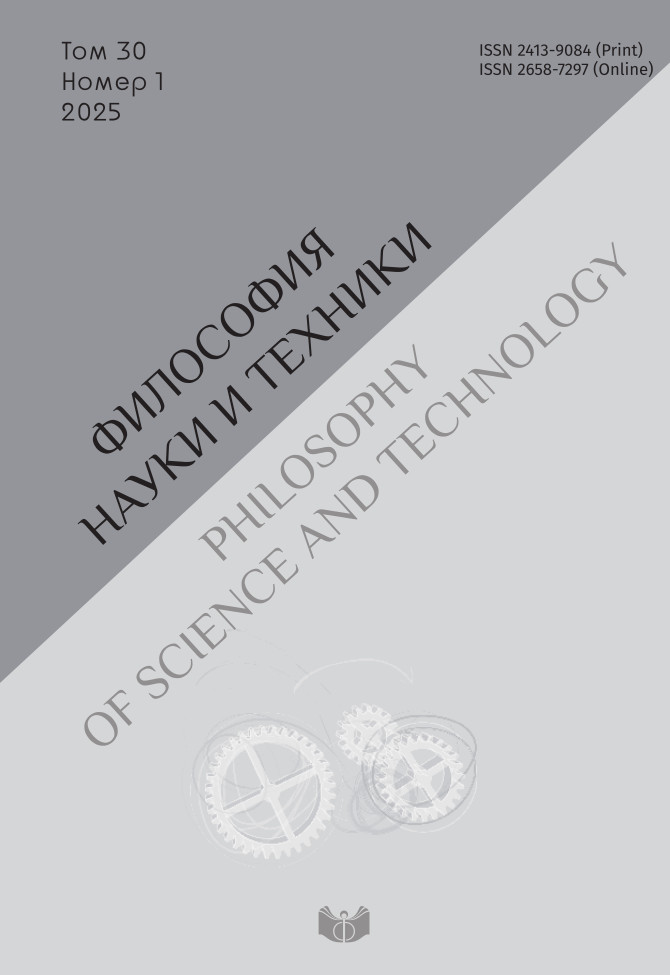An analysis of the foundations and prospects of logical possibility realism based on the theories of D. Lewis and A. Karpenko
DOI:
https://doi.org/10.21146/2413-9084-2025-30-1-97-111Keywords:
principle of fullness, principle of plenitude, modal realism, hyperrealism, the great chain of beingAbstract
This paper examines the argument for a realist interpretation of the ontological status
of logical possibility, drawing on the modal realism of D. Lewis and the hyperrealism of A. Karpenko. Both authors adopt a “best consequences” argumentation strategy, focusing on the positive effects of accepting realism about logical possibility. The paper demonstrates that D. Lewis’s modal realism is a productive metaphysical theory for the philosophical understanding of modal concepts, but at the same time it is not without its internal difficulties and weaknesses. A number of weaknesses of the Lewisian approach are highlighted, mainly related either to some contradictions and gaps within his concept, or to the fact that accepting modal realism, as the article shows, creates more problems than it solves. A. Karpenko’s concept of hyperrealism is not without similar problems. However, it is interesting for its non-standard understanding of ontology, which is largely similar to medieval theories of transcendentals. From a philosophical point of view, the methodological principle formulated by Karpenko is also promising: the true limiter is the one that expands the boundaries of the real.











